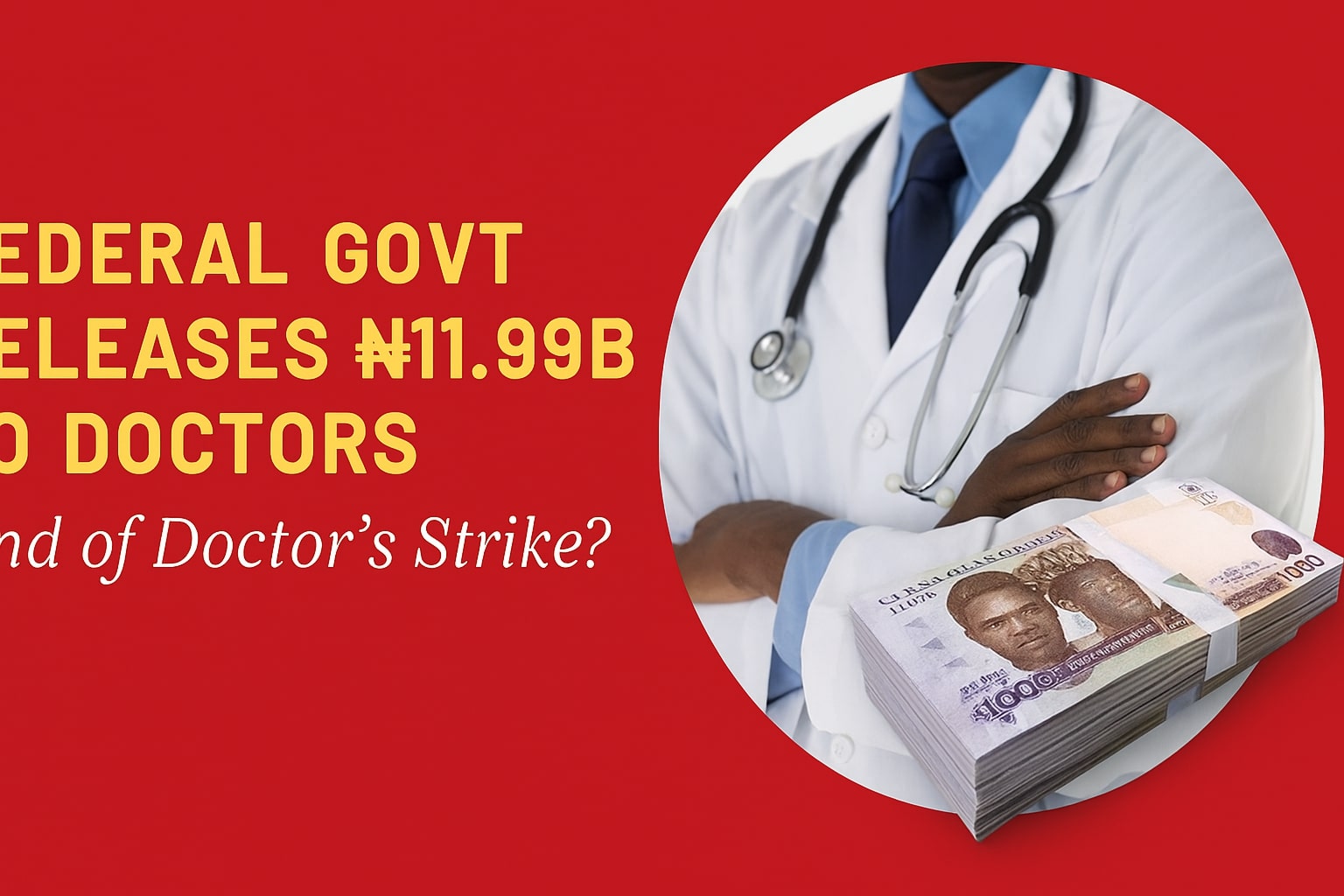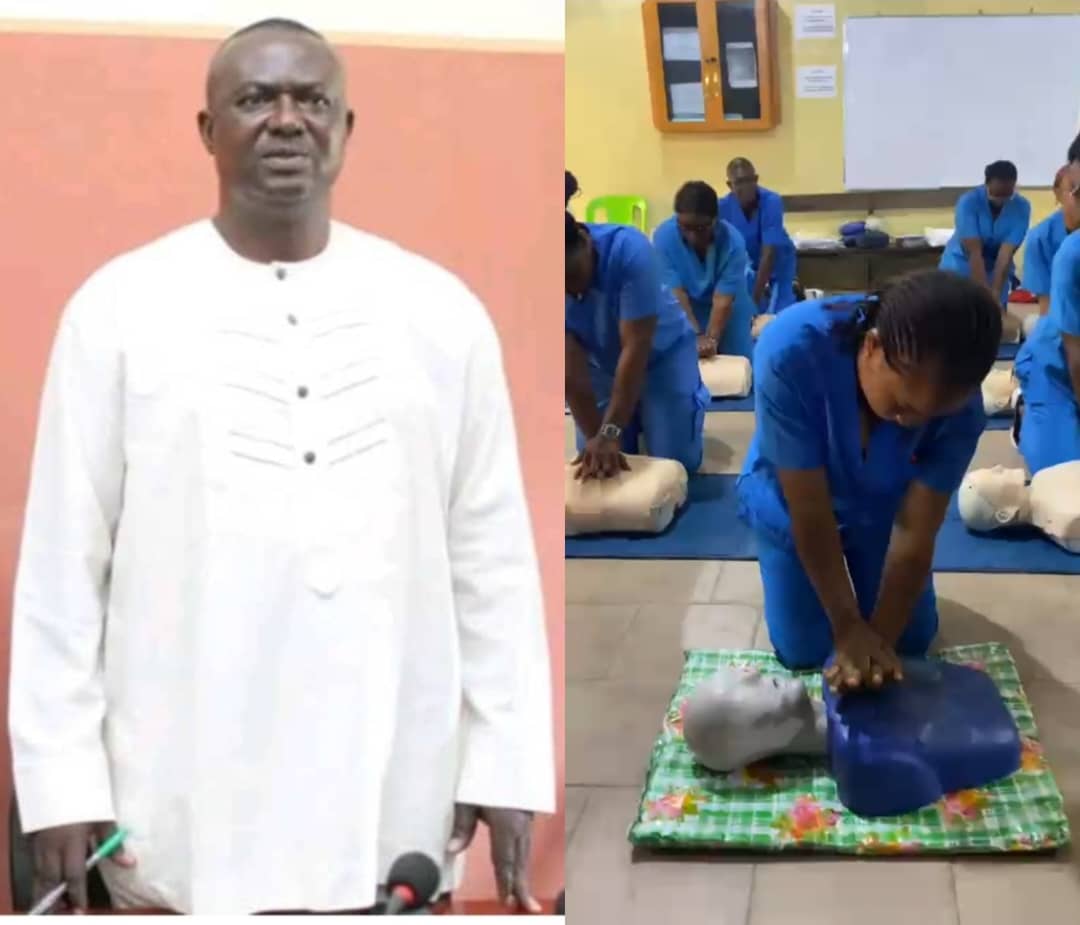Amid controversy and public safety concerns surrounding the new malaria vaccine since its endorsement and approval by the World Health Organisation (WHO) last year, a vaccine research and development expert, Dr Simon Agwale has reaffirmed the safety and efficacy of the vaccine.
The President of Innovative Biotech, Dr Simon Agwale gave clarity to the malaria vaccine debate and affirmed the safety and efficacy of the malaria vaccine, which has undergone extensive clinical trials across several African countries.
Agwale told The Guardian that the vaccine, now licensed for global use, has proven to protect against malaria, particularly in children.
“This vaccine has been in development for years. Clinical trials were conducted in various African countries and showed that it is both safe and efficacious in children. Now, with its licensing, it can be used worldwide, so there is no basis for spreading misinformation about it,” he said.
As Chair of the Vaccine Technology Working Group at the African Vaccine Manufacturing Initiative (AVMI), Agwale detailed the rigorous processes vaccines undergo before they reach the public.
He equally highlighted the step-by-step testing process, starting with toxicity studies in animals to ensure safety, followed by multi-phase clinical trials in humans. The expert explained that “each stage of vaccine development requires regulatory approval and upon completing phase three trials, the vaccine’s effectiveness is calculated, determining its efficacy; often expressed as percentages like 70 per cent or 90 per cent. The vaccine is then licensed for mass production following the completion of all clinical trials.
“In phase one, a small group of 20 to 30 volunteers is used to confirm the vaccine’s safety in humans after animal studies. If successful, this progresses to phase two, involving a larger group of 200 to 500 people, to evaluate immune response and protection. Phase three focuses on efficacy, testing the vaccine’s ability to protect against the disease on a larger scale. At every step, regulatory approvals are required. Once these trials are completed, the vaccine’s efficacy is calculated, leading to its licensing for public use,” he explained.
Agwale also expressed concern about misinformation and hesitancy surrounding vaccine uptake, urging the public to rely on credible scientific sources. “It’s unfortunate that resistance comes from those without any understanding of vaccine development. The drugs we take daily, such as Panadol, antibiotics, polio, and hepatitis B vaccines, all followed the same rigorous process,” he remarked.
He questioned why vaccines are singled out when other widely used products, such as imported beverages and medications, could have been misused if there were malicious intentions.
He emphasised that vaccines, often administered just a few times in a lifetime, are an unlikely vehicle for such conspiracies compared to more frequently consumed drugs.
Agwale called for a collective effort to dispel myths and enhance public trust in vaccines, underscoring their importance in safeguarding public health.
SOURCE: GUARDIAN NEWSPAPER




